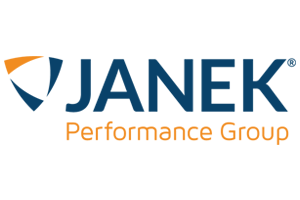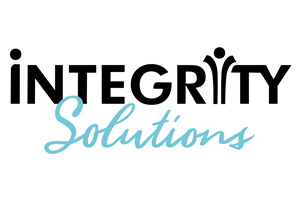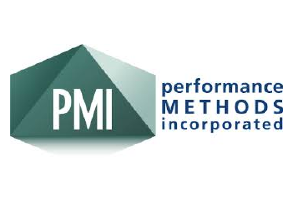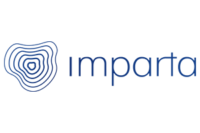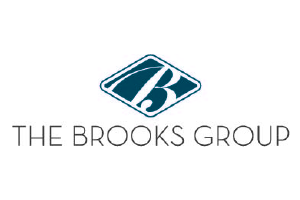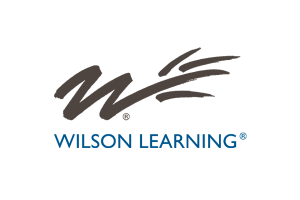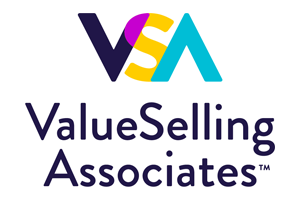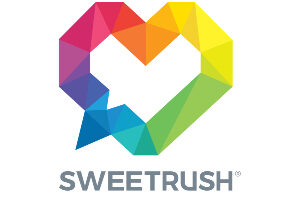Personalized learning is revolutionizing sales training. By making training more responsive to the needs of individual sales reps, you increase engagement and skill acquisition, leading to more effective training outcomes, crucial for staying competitive in today’s fast-paced sales environments.
Personalized training can not only speed up skill acquisition but also increase proficiency levels, directly impacting sales performance and organizational success. In fact, McKinsey found that leading organizations are twice as likely to customize training according to specific sales roles.
Personalized vs. Traditional Learning
With personalized learning, educational experiences are tailored to meet the unique needs and preferences of individual learners, often leveraging data and technology to customize content and pacing. This approach allows learners to engage with material that resonates most strongly with them, enhancing comprehension and retention. In the context of sales training, personalized learning facilitates targeted skill development, addressing specific gaps and accelerating performance improvement.
Traditional learning, on the other hand, often follows a one-size-fits-all model, delivering the same content, in the same way, to all learners, regardless of their individual differences or specific needs. That may be an easier program to implement, but this method can cause learners to become disengaged and not remember what they were taught, as it fails to address their diverse strengths and weaknesses.
With sales reps, the consequences of traditional learning are even greater. It takes longer to certify sellers and get them into the field selling, which impacts deals closed and revenue generated. In today’s extremely competitive landscape, you can’t afford that.
6 Principles of Personalized Learning in Sales Training
Personalized learning in sales training is not just about delivering content; it’s about crafting individualized educational experiences that resonate with each sales rep. Here are some foundational principles to guide your development of these tailored learning programs, ensuring they are both effective and engaging.
1. Data-Driven Insights
Utilize data analytics to understand the strengths, weaknesses and learning patterns of each sales rep. This helps you create tailored training that targets individual needs.
2. Adaptive Learning Technologies
Implement technologies that adjust the difficulty, pacing and style of content based on real-time learner responses and progress, ensuring that training remains challenging but achievable.
3. Continuous Feedback and Assessment
Provide ongoing feedback and regular assessments to sales reps to help them understand their progress and areas needing improvement. Doing this helps foster a culture of continuous learning and development.
4. Learner-Centric Design
Design training modules that focus on each rep’s experience, preferences and goals. This learner-centric approach increases engagement and motivation by making learning more relevant and enjoyable.
5. Flexible Learning Paths
Offer multiple pathways through training materials, allowing sales reps to choose their journey based on their prior knowledge, skills and their specific sales roles or market challenges.
6. Integration With Real Work
Link learning directly to the sales reps’ daily tasks and challenges. When you do, you make the training immediately applicable and deeply relevant to their roles.
The Top 3 Benefits of Personalized Learning
Personalized learning in sales training offers unique advantages that significantly impact sellers’ effectiveness and growth, as well as helps your company grow revenue and achieve its objectives. Here’s a look at three of the top benefits.
1. Flexibility and Customization
Personalized learning in sales training allows reps to learn at their own pace and in ways that best suit their learning preferences. For example, some sales reps prefer podcasts, which they can listen to on the go while others learn better via video in an isolated setting. Such customization not only enhances learning effectiveness but also ensures practical application of the knowledge gained.
Personalization also means aligning training content with the needs and strengths of each sales rep, boosting job satisfaction. This heightened commitment not only improves performance but also increases retention in competitive environments.
2. Enhanced Engagement and Motivation
Personalized learning significantly boosts learner engagement and motivation by ensuring that training content is directly relevant and appealing to each sales rep. This relevance keeps learners invested and eager to apply what they’re learning to their sales roles.
Sales enablement technology can go a long way toward enhancing engagement by providing interactive and immersive sales training experiences that captivate learners and encourage active participation. Tools such as virtual simulations, role-play exercises and gamified elements make learning both enjoyable and educational, enhancing retention and skill application.
3. Targeted Skill Development
Personalized learning targets specific skills gaps and learning objectives, ensuring sales training is directly relevant to each rep’s needs. This approach efficiently enhances skills where reps need the most improvement, making the training highly effective. Training content and assessments are also tailored to align with each rep’s individual career goals and needs.
Targeted skill development also enhances return on investment (ROI) by focusing resources on the most impactful areas, leading to faster skill acquisition and improved sales metrics like conversion rates and deal sizes.
Personalized Sales Training: An Example
Meet Sarah. She’s a sales rep at a mid-sized tech company specializing in cybersecurity solutions. When Sarah joined the company, she was highly knowledgeable about cybersecurity but less experienced in sales techniques and customer relationship management. Recognizing this, her sales enablement team developed a customized training program specifically tailored to her needs.
The program included interactive modules on negotiation techniques, virtual role-playing sessions to practice sales pitches, and personalized coaching on effective client communication. This customized approach allowed Sarah to learn at her own pace, focusing on areas where she lacked confidence. The training also incorporated real-time feedback, enabling Sarah to improve progressively and apply what she learned directly to her sales interactions.
Within six months, Sarah was having better sales conversations and closing more deals. Her understanding of how to handle customer objections and her comfort with selling high-ticket items had grown, directly contributing to her meeting and eventually surpassing her sales quotas. The personalized training not only boosted her skills but also her confidence, helping her excel in a competitive field.
Future-Proof Your Sales Team with Personalized Training
The benefits are clear. Personalized learning in sales not only addresses the unique needs of each sales rep but also fosters a more engaged, motivated and skilled sales force. By leveraging data-driven insights, adaptive technologies and a learner-centric approach, you can dramatically enhance the effectiveness of your sales training programs.
As the landscape of sales continues to evolve, the ability to customize learning experiences and directly tie them to business outcomes will remain a critical advantage. Implementing personalized learning is more than an educational strategy; it’s a strategic investment in the future success and resilience of your sales team.


